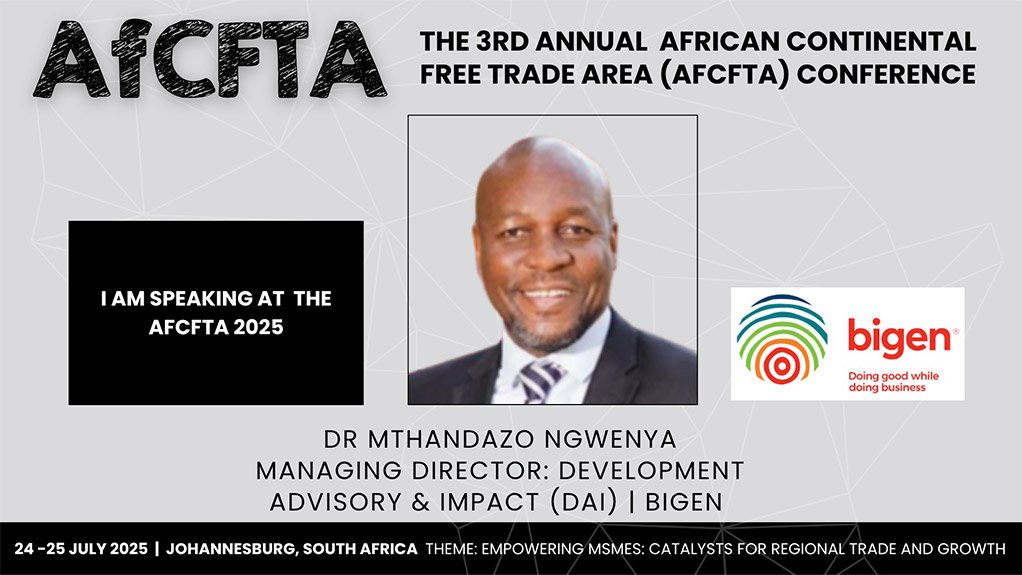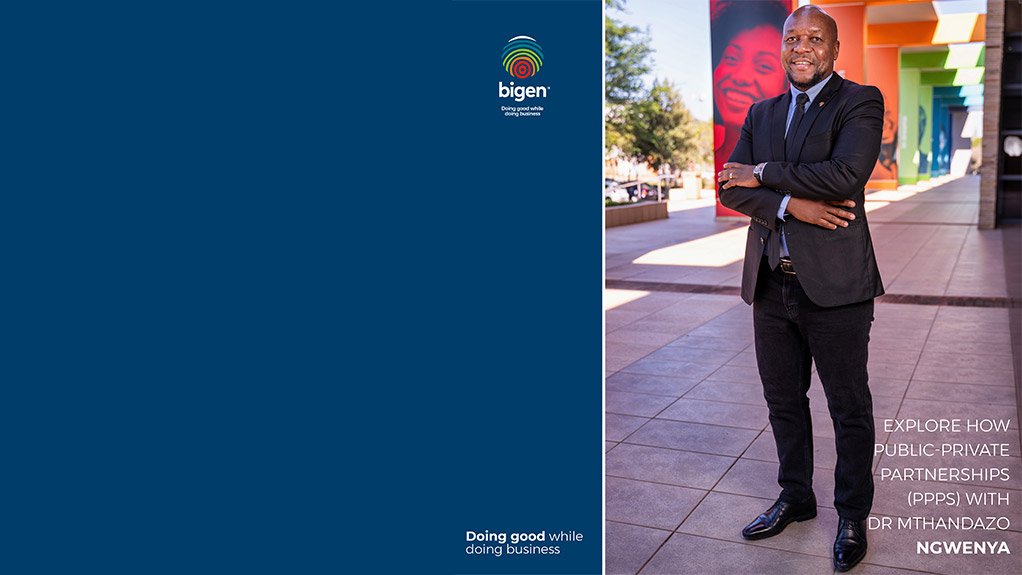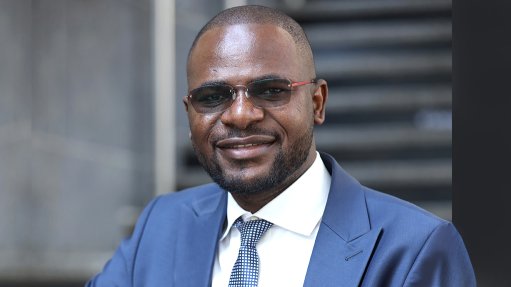Blended financing and derisking necessary for crowding in PPP investments
Facilitating expanded public-private partnership investments in infrastructure projects is a necessary precondition for continental free trade and economic growth.
Infrastructure Investment Paradox
Africa needs $150-billion annually in new infrastructure investments to address the critical infrastructure deficit. Current investment is in the order of $80-billion annually of which only 40% comes from governments. About 35% of the financing is from donors and other international partners. The balance of current financing is from the private sector whose role has taken on increased significance. Recent changes in the global trade and donor spaces have seen new tariffs and aid cancellation suggesting Africans must learn to depend increasingly on themselves. Continental programmes such as the Africa Continental Free Trade Area remain stymied because of lack of enabling infrastructure in the main.
Africa’s stifled economic growth is noted by the Economic Commission for Africa who report that the infrastructure deficit reduces continental economic growth by 2% annually and productivity by 40% making Africa a highly unproductive continent. McKinsey and Company in an article titled ‘Solving Africa’s Infrastructure Paradox’ noted that Africa has a large project pipeline but on average less than 10% of these projects receive funding. The reasons for the slow conclusion of investment deals including public-private partnerships (PPPs) in Africa are:
- Feasibility studies or business plans lack sufficient detail to assess risks or commercial viability.
- Inadequate enabling legislation, frameworks, and policies tailored for concluding PPP transactions efficiently.
- The inability of governments to issue guarantees because of weak balance sheets or challenges with credit ratings.
- Lack of skilled public servants who possess the necessary experience to conclude PPP contracts.
- Low liquidity or highly risk averse domestic lenders, thus making foreign lenders the primary option in some markets.
- Currency fluctuations and other political risk factors discourage investment because of the elevated perceived risks.
What is clear is that policy makers must create conducive environments and explore innovative financing structures to facilitate expanded flows of local and domestic capital. The perception of volatility and political instability continue to influence perceptions, real or imagined, acting as a barrier to investments.
Derisking mechanisms and blended financing
International donors and development finance institutions, including home grown ones like the African Development Bank, Afrexim Bank, Africa 50, and others dedicated to Africa’s development must respond to the clarion call to do more in supporting investment attraction. This may be through credit guarantee schemes that underwrite portions of project cashflows and foreign exchange hedging including political risk guarantees. Governments can take concrete steps in setting stable economic policies, increasing the efficiency of courts to manage commercial disputes, crack down on corruption, loosen exchange control regulations that hinder foreign exchange flows and create tax incentives to promote investment in areas such as special economic zones.
Donors can champion blended financing mechanisms wherein they provide soft financing for project preparation in selected impact sectors, offer loans to promoters at low rates to support investment, and take early equity positions. Notable policy improvements highlighted by the World Association of PPP Units and Professionals in a Policy Brief titled ‘Mobilising Blended Financing for Public Private Partnerships’ are as follows:
- Standardization of blended financing models making them clear and easy to scale across geographies and sectors.
- Strengthening early-stage project financing to enhance bankability.
- Improve project preparation funding facilities.
- Expand risk mitigation tools.
- Improve PPP regulatory frameworks aligning PPP laws with investor expectations and promoting transparent investment policies.
The objective is to crowd in private sector participation by blending donor financing with private capital, seeking returns in a symbiosis that addresses the paradox of non-investment.
Realising economic growth through infrastructure investment
Attracting both domestic and global private sector investors to Africa is a critical part of closing the financing gap and making inroads in closing the infrastructure deficit that prevents Africa from growing at a rate fast enough to create meaningful opportunities, especially for its burgeoning youth population. The lack of adequate infrastructure stifles trade and development, acting as a barrier to the free movement of people, goods, and services across the continent.
Dr Mthandazo Ngwenya
Article Enquiry
Email Article
Save Article
Feedback
To advertise email advertising@creamermedia.co.za or click here
Press Office
Announcements
What's On
Subscribe to improve your user experience...
Option 1 (equivalent of R125 a month):
Receive a weekly copy of Creamer Media's Engineering News & Mining Weekly magazine
(print copy for those in South Africa and e-magazine for those outside of South Africa)
Receive daily email newsletters
Access to full search results
Access archive of magazine back copies
Access to Projects in Progress
Access to ONE Research Report of your choice in PDF format
Option 2 (equivalent of R375 a month):
All benefits from Option 1
PLUS
Access to Creamer Media's Research Channel Africa for ALL Research Reports, in PDF format, on various industrial and mining sectors
including Electricity; Water; Energy Transition; Hydrogen; Roads, Rail and Ports; Coal; Gold; Platinum; Battery Metals; etc.
Already a subscriber?
Forgotten your password?
Receive weekly copy of Creamer Media's Engineering News & Mining Weekly magazine (print copy for those in South Africa and e-magazine for those outside of South Africa)
➕
Recieve daily email newsletters
➕
Access to full search results
➕
Access archive of magazine back copies
➕
Access to Projects in Progress
➕
Access to ONE Research Report of your choice in PDF format
RESEARCH CHANNEL AFRICA
R4500 (equivalent of R375 a month)
SUBSCRIBEAll benefits from Option 1
➕
Access to Creamer Media's Research Channel Africa for ALL Research Reports on various industrial and mining sectors, in PDF format, including on:
Electricity
➕
Water
➕
Energy Transition
➕
Hydrogen
➕
Roads, Rail and Ports
➕
Coal
➕
Gold
➕
Platinum
➕
Battery Metals
➕
etc.
Receive all benefits from Option 1 or Option 2 delivered to numerous people at your company
➕
Multiple User names and Passwords for simultaneous log-ins
➕
Intranet integration access to all in your organisation






















